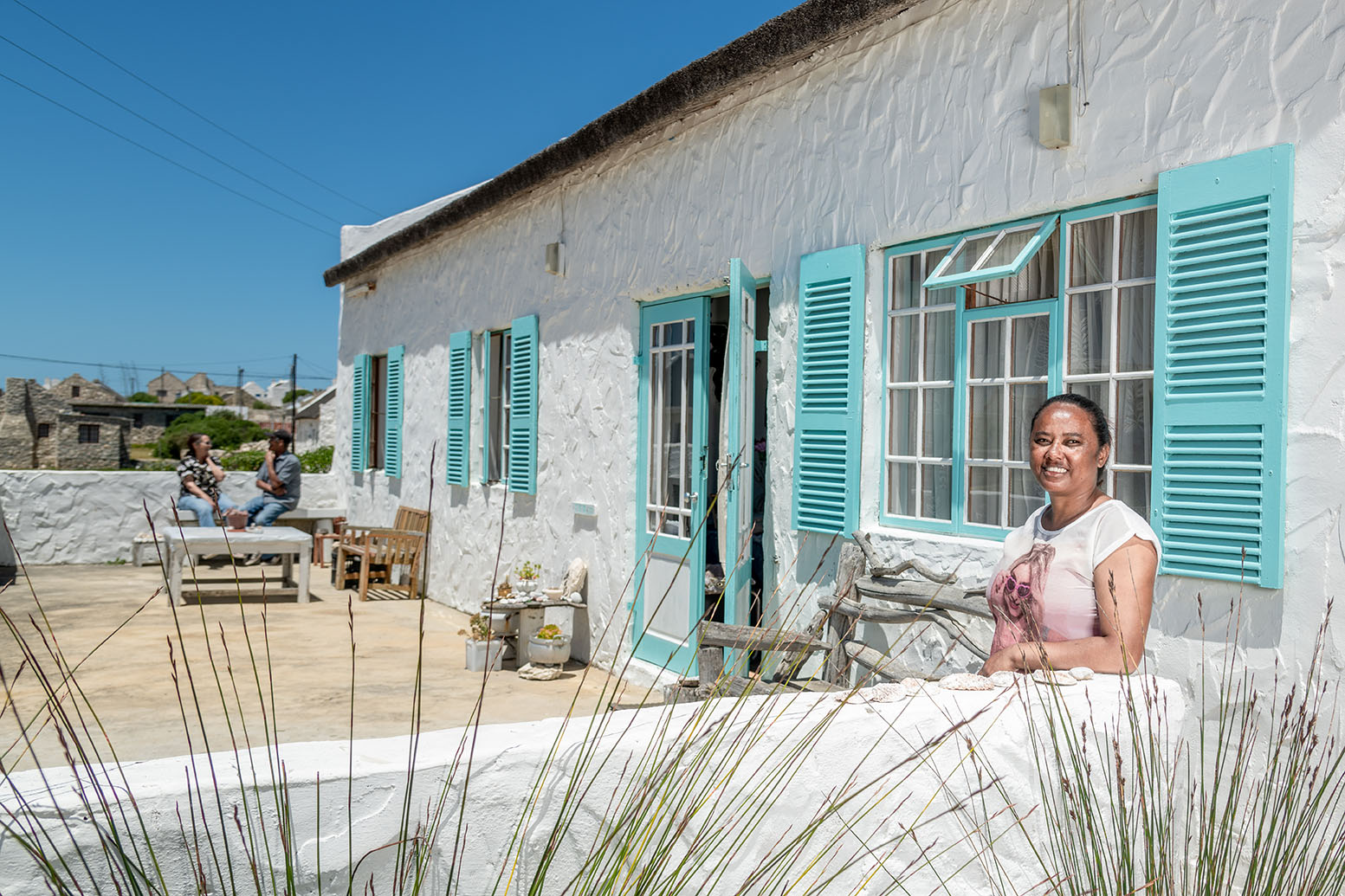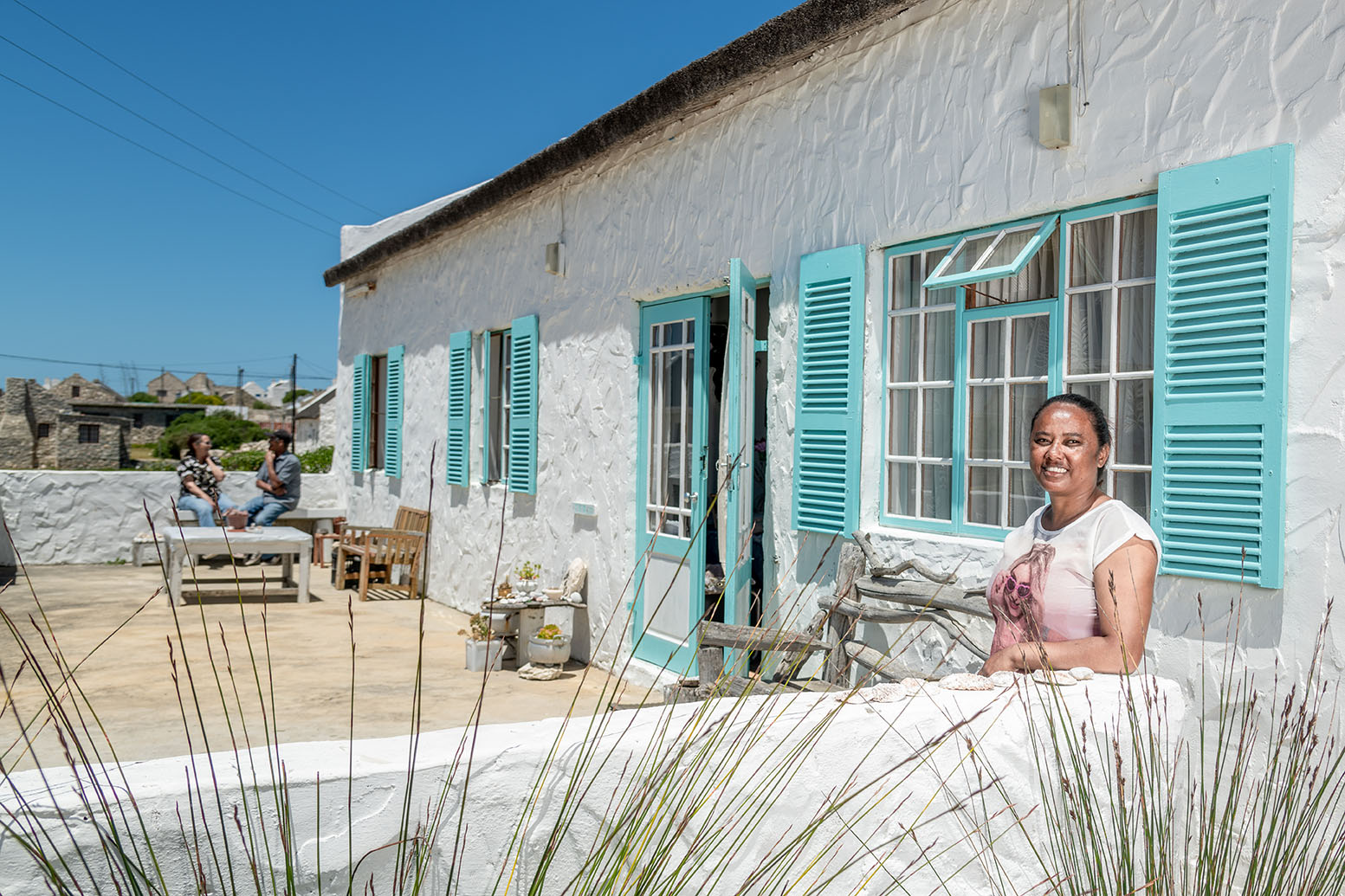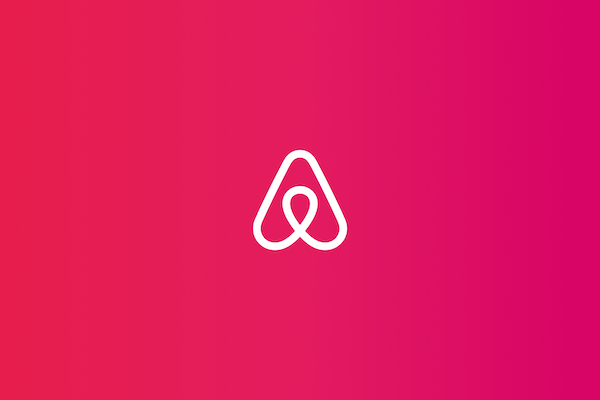Airbnb doubles economic impact in South Africa, boosts inclusive tourism
Key Takeaways
- New report from Genesis Analytics highlights that Airbnb more than doubled its contribution to the growth of inclusive tourism since 2019.
- In 2022, Airbnb contributed more than R23.5 billion to the economy, supporting almost 50,000 jobs, with the typical Host earning around R32,500.
- Domestic travel on the platform grew by more than a third from 2019 to 2022, with the fastest growth seen outside the typical tourist destinations.

Key Takeaways
- New report from Genesis Analytics highlights that Airbnb more than doubled its contribution to the growth of inclusive tourism since 2019.
- In 2022, Airbnb contributed more than R23.5 billion to the economy, supporting almost 50,000 jobs, with the typical Host earning around R32,500.
- Domestic travel on the platform grew by more than a third from 2019 to 2022, with the fastest growth seen outside the typical tourist destinations.
In 2022, a rebound year for travel, Airbnb supported almost 50,000 jobs and contributed more than R23.5 billion to the South African economy – a 115% increase from pre-COVID-191, according to a new report from independent consultancy Genesis Analytics – commissioned by Airbnb and released today.
The report comes ahead of the Airbnb Africa Travel Summit on 24 October, where more than 200 policymakers, tourism experts, innovators and changemakers from across the continent will gather to explore, innovate and collaborate on building an inclusive and sustainable tourism industry across Africa.
According to Genesis Analytics, the Airbnb platform helped drive economic growth across South Africa in both new and existing destinations, and played an important role in the recovery of tourism following the COVID-19 pandemic. The report also highlights how Airbnb is increasingly popular among South Africans both wanting to rent their homes and looking for affordable accommodation options in diverse locations when they travel. Domestic travel on the platform grew by more than a third from 2019 to 2022, and the fastest growth was seen in non-traditional tourist hotspots, with seven out of 10 trending destinations on the platform2 located outside of traditional tourist hotspots.
In an Airbnb survey, 3 in 5 guests said booking on Airbnb saved them money and one third said they specifically chose Airbnb over other types of accommodation to save money.
Amid increasing living costs, local Hosts and their communities are also benefiting. The typical South African Host earned around R32,500 in 2022, amounting to just over R4 billion in total Host earnings – a 25% increase from pre-pandemic levels in 2019. Half of Hosts across South Africa said the money they earn from hosting helps cover the rising cost of living, and over a third said the additional income helps them make ends meet.
South African cities with the fastest-growing stays on Airbnb
- Mafube, Free State
- Impendle, KwaZulu-Natal
- Nala, North West
- AbaQulusi, KwaZulu-Natal
- Witzenberg, Western Cape
- Emalahleni, Mpumalanga
- Hantam, Northern Cape
- Mahikeng, North West
- Chief Albert Luthuli, Mpumalanga
- Emakhazeni, Mpumalanga
“We believe there is immense potential for inclusive growth in South African tourism, and are committed to making travel and hosting more accessible, safe, diverse, and affordable for everyone. We are proud to have more than doubled our economic impact, meaning more South Africans in more places are benefiting from increasingly local and inclusive tourism. We look forward to continuing to work together with the Government and wider tourism industry to create more economic opportunities for locals and showcase the best of South Africa to domestic and international guests.”
Velma Corcoran, Regional Lead Middle East Africa at Airbnb
The full economic impact report can be accessed here.

